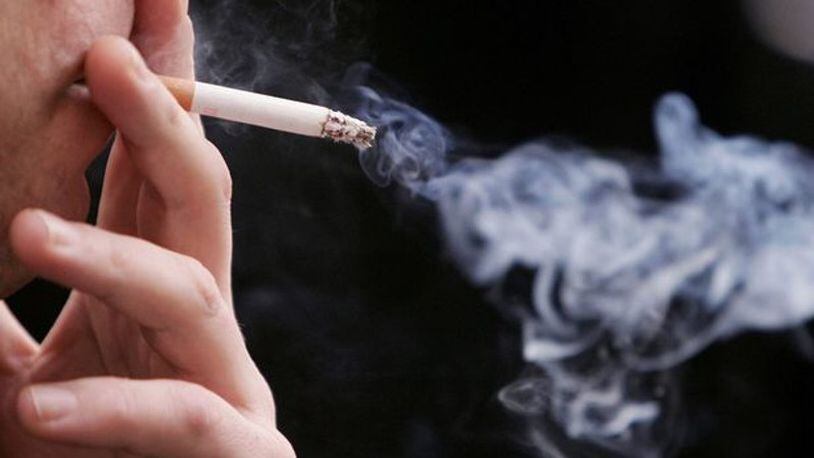At the local level, advocates are pushing cities to adopt ordinances that prohibit tobacco sales to anyone under 21 years of age. The city of Columbus this month adopted a “tobacco 21” law, bumping up the purchase age from 18. Cleveland adopted such an ordinance in 2015.
Public health advocates marked the 10-year anniversary of Ohio’s smoking ban law taking effect by calling for higher taxes on tobacco products and spending more on prevention and cessation programs.
“The burden of tobacco use in Ohio remains staggering. In 2014, 7,500 cancer deaths were directly attributable to tobacco use and the annual cost to our health care system is $5.64 billion, this all is preventable,” said Jeff Stephens, lobbyist for the American Cancer Society, in a written statement. “Ohio lawmakers must respond to the 92 percent of voters that indicate the importance of funding tobacco prevention and cessation programs. The positive return on this investment is evidence-based and proven.”
A poll conducted for the American Cancer Society Cancer Action Network by Public Opinion Strategies earlier this year found that 85 percent of Ohioans strongly support the indoor smoking ban law, up from 73 percent support in 2011, and 70 percent of Ohio voters favor taxing other tobacco products, such as cigars and chewing tobacco, at the same rate as cigarettes.
Research shows people who don’t pick up smoking as a youth are far less likely to ever smoke. Raising the tobacco purchase age to 21 puts legal purchasers outside of the social circle of most high school students, according to Tobacco21.org.
California and Hawaii as well as 212 cities and counties across the country have Tobacco 21 laws.
Handgun sales, alcohol purchases and casino gambling are generally restricted to ages 21 and up.
About the Author
